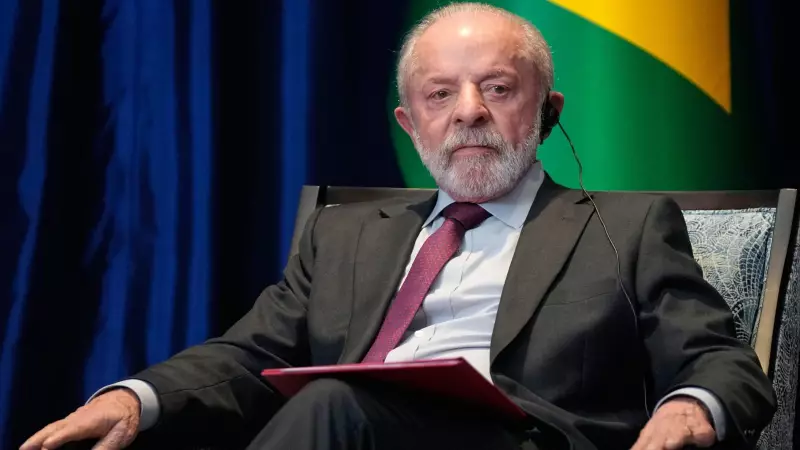
In a bold declaration that has sparked intense debate, the Brazilian government asserts it can pursue two seemingly contradictory goals simultaneously: expanding oil exploration near the ecologically sensitive Amazon River mouth while fiercely protecting the world's largest rainforest.
The Controversial Balancing Act
Brazil's state-controlled oil giant Petrobras is pushing forward with ambitious plans to drill in the Foz do Amazonas basin, an area environmentalists call "the new frontier" for Brazilian oil. The region's potential is staggering—estimates suggest it could hold up to 14 billion barrels of oil, which would represent the third-largest petroleum reserve in Brazil's history.
Yet this prospective bonanza lies worryingly close to the Amazon Reef system, a unique biological treasure whose full extent scientists are still working to understand.
Government's Two-Pronged Argument
President Luiz Inácio Lula da Silva's administration presents a nuanced position that has surprised many of his environmental supporters. Government officials argue that:
- Economic necessity demands energy development to fuel Brazil's growth and fund social programs
- Modern technology and strict regulations can minimize environmental impact
- Oil revenues could potentially fund Brazil's green transition in the long term
"We are going to comb the region and then drill," declared Energy Minister Alexandre Silveira, emphasizing the government's commitment to what he calls "responsible exploration."
The Environmental Uproar
Conservation groups and climate activists remain deeply skeptical. They point to several critical concerns:
- The irreversible damage any oil spill would cause to the fragile Amazon ecosystem
- The contradiction between drilling for more fossil fuels and global climate commitments
- The precedent it sets for other environmentally sensitive areas worldwide
Greenpeace Brazil has condemned the plan as "climate hypocrisy," while local Indigenous communities fear the destruction of their livelihoods and sacred territories.
Regulatory Hurdles and International Pressure
Petrobras's journey toward drilling hasn't been smooth. Brazil's environmental protection agency IBAMA previously denied the company a license, citing insufficient environmental impact assessments, particularly regarding the effects on Indigenous communities.
The company has since submitted new documentation, but the decision remains pending amid growing international scrutiny. Brazil's positioning as a global climate leader hangs in the balance as the world watches how it navigates this environmental tightrope.
The ultimate question remains: Can a nation truly have it both ways, or will one priority inevitably undermine the other? Brazil's experiment may provide the answer—for better or worse.





